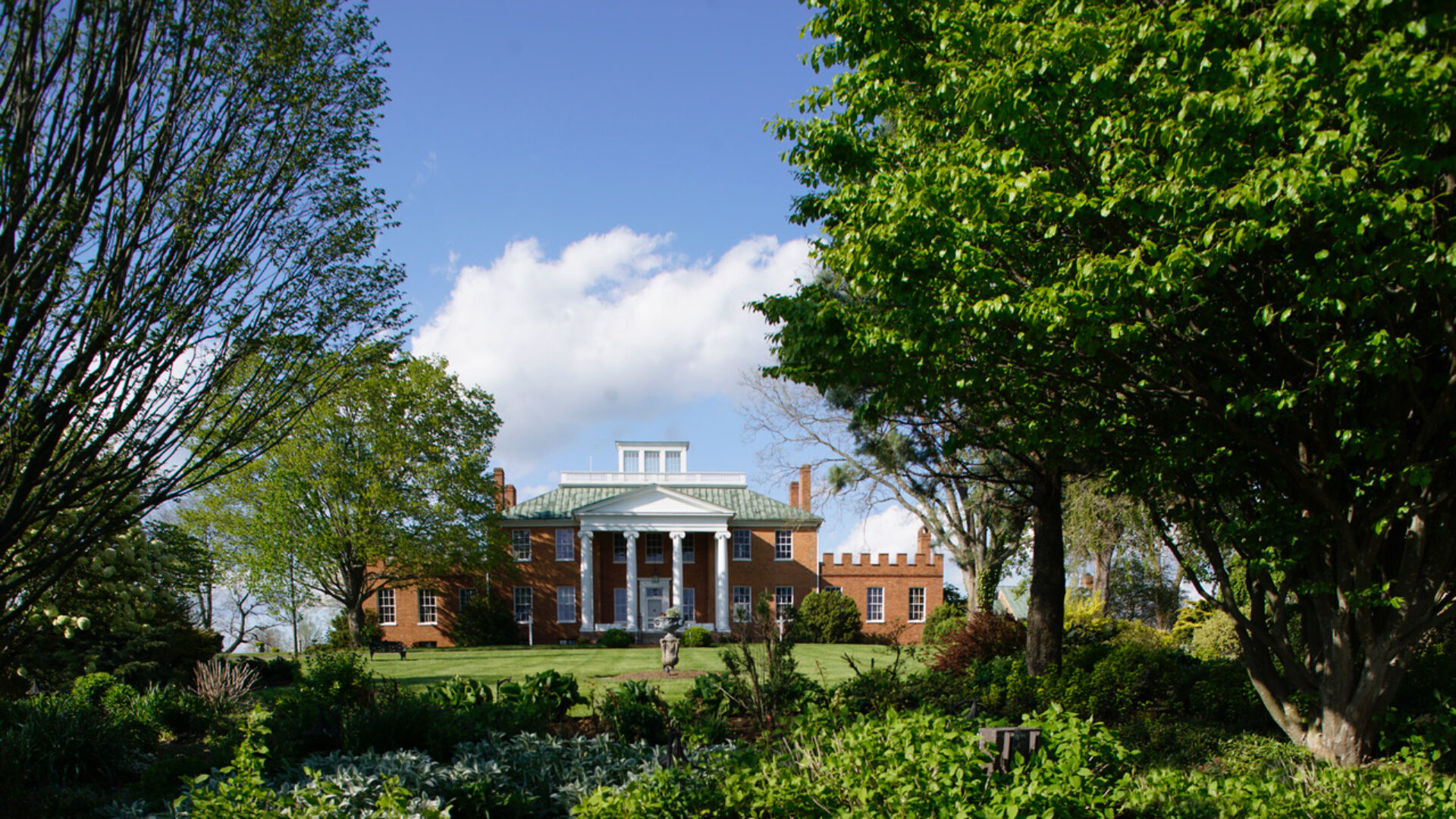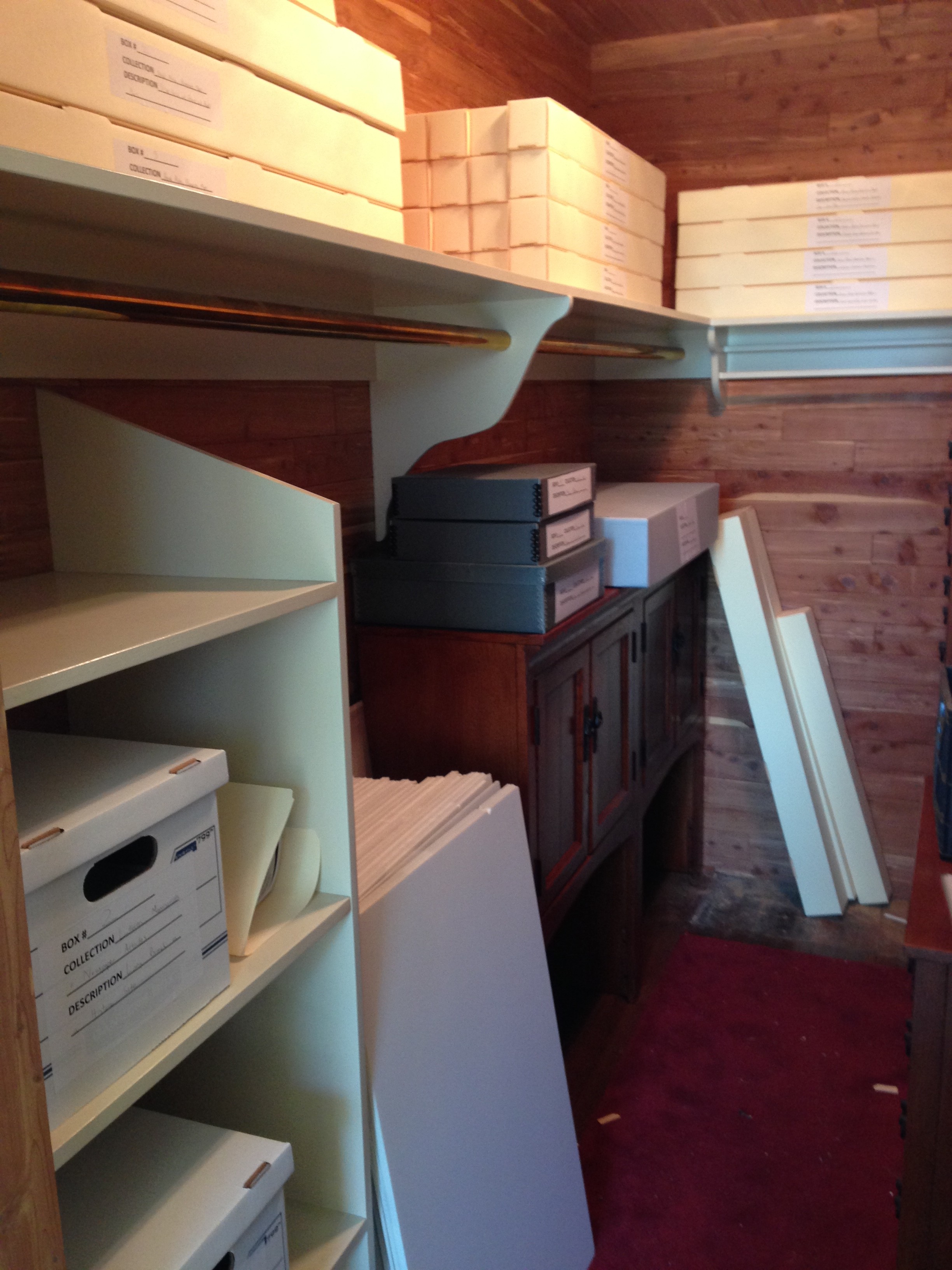The word “archives” usually brings up images of boxes of secret documents stored away in a locked vault, only to be seen by authorized eyes. In reality, archives are an integral part of the way in we interpret history. The archives here at Long Branch contain letters, blueprints, ledgers, and other documents from the original and subsequent owners of the house. The documents have allowed us to get a glimpse of the lives of this house’ inhabitants over the span of 200 years. Letters between Robert Carter Burwell and Benjamin Latrobe give us some insight into the original construction of the house. A farm ledger and the 1860s census records reveal how what instruments and manpower was needed to keep a wheat plantation functioning.
Unfortunately, the records that survive time often paint an incomplete picture of the past. Consider your own life: do you keep every receipt, every birthday card, every note you’ve ever written? Probably not, and people in the centuries before were no different. Sometimes documents were lost due to negligence, and sometimes they were simply deemed unimportant and thrown away. It is a historian’s job to sort through what remains, piecing together as whole of a picture of history as they can. They can do so by placing the remaining evidence in a position in time. Historical context can help flesh out an incomplete historical record. Looking at archives which contain evidence from the same time period or location can also be helpful. The 1860 Census information I mentioned earlier, for example, was found in the Clarke County Historical Association archives. Piecing that information together with what we had- Hugh Nelson’s ledger- gave us a more solid idea of how the Nelsons ran their plantation. Archives may also include objects in what is called a “collection.” The collections are usually composed of mundane items, but these, too, contribute to completing the picture of history. (A blog post which includes the history of one of the more exciting collection items, the Marquis de Lafayette saucepan, can be read here). Archives aren’t exclusively made up of primary documents. For example, a large part of Long Branch’s history was passed to us orally through Sally Page Nelson.
If you have any records, stories, or tall tales about Long Branch, please let us know! Contact the Historic Site Administrator, Kris Allen, at kallen@visitlongbranch.org, or call at 540-837-1856. We would love to hear from you.
-Casey Marion, Long Branch Plantation Intern

